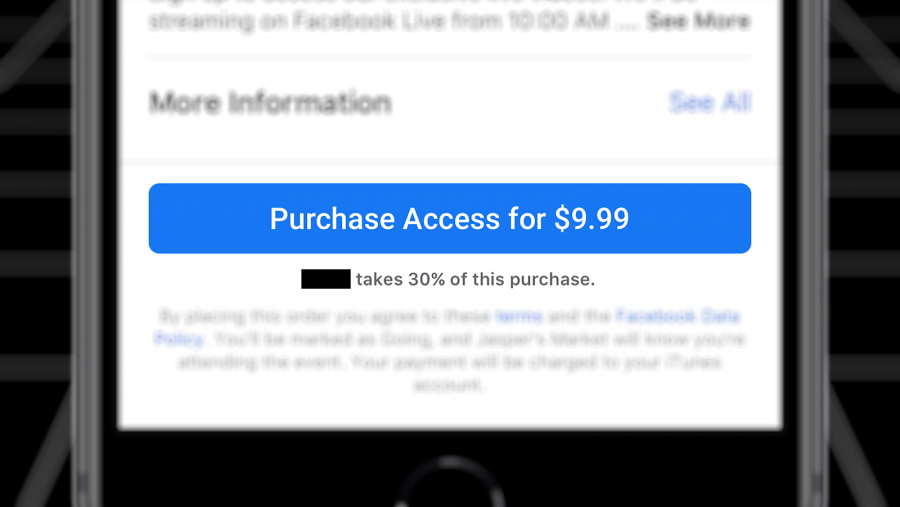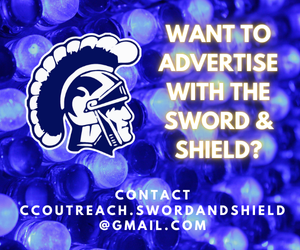Epic vs Apple: Why Market Competition is Good
September 16, 2020
Epic Games updated its flagship battle royale game “Fortnite” with a permanent 20% discount on “V-Bucks,” the in-game currency last month on August 13. By the end of the day, Fortnite was removed from both the Apple App Store and the Google Play Store, leading Epic to file lawsuits against Apple and Google for antitrust violations and anticompetitive behavior.
So how did we get Here?
Apple and Google both have rules on how apps on their stores are allowed to process purchases. Apple charges 30% from all purchases made on iOS, while Google charges 30% of all purchases made in games on Google Play. Both of these companies’ app stores take a 30% cut from one-time purchases and the first 12 months of subscriptions. Epic updated Fortnite knowing they would get removed. In fact, Epic had an arsenal ready. As soon as they were removed from the Apple App Store and Google Play store, they filed 2 separate 65-page lawsuits against both Apple and Google. In addition, Epic premiered a video titled “Nineteen Eighty-Fortnite” modeled after Apple’s “1984” commercial, in which Apple was in a similar position against IBM.
“Absent Apple’s Anticompetitive Conduct, Epic Would Also Create an App Store for IOS”
Epic’s main argument in the lawsuits accuses these companies of leveraging their control over app distribution on their respective platforms – iOS and Android – to charge exorbitant fees for mandatory processing of transactions. They explain in the Apple lawsuit that they have gained a foothold in the PC and Mac space with the Epic Games Store, a game distribution platform, and that they would like to on iOS as well. If Apple let their developers deploy their own app stores without using Apple’s payment structure, it would create the possibility for developers to put their app elsewhere, given they don’t want to give a cut of the app’s profit to Apple.
This is normal for Apple
To me, it seems like Apple’s design ethos is that their average consumer is too inexperienced and has too short an attention span to be concerned with anything technically complicated. Therefore, they design and market their products as simple and magical as possible. This includes intentionally trying not to inform the consumer about certain aspects of the product. For example, in January of 2017, Apple pushed iOS 10.2.1, a small update that adjusted power delivery on iPhone 6 and newer. This change was to prevent spontaneous device shutdowns due to old batteries not being able to deliver enough power to the processor and achieved this by lowering the performance of the phone’s processor. However, Apple made no effort to notify users of the fact “Performance Management” as they would later refer to it, was applied. It took until December of 2017 for a Reddit post on the r/iPhone subreddit to shed light on why lots of iPhones 6s were underperforming. In 2018, only after this became a public issue did Apple offer a discounted battery replacement program through the end of the year.
You Can’t Even Mention the 30% Cut
Apple’s most blatant attempt at blinding the consumer is in their refusal to allow any app to even mention the 30% cut they take from purchases. Facebook recently launched a feature with which businesses can earn money through online events on Facebook in an effort to help small business recovery. They mention in a blog post announcing this feature, that they will be passing 100% of the revenue on to hosts in countries where Facebook Pay is deployed, along with this, Facebook stated that they’ve reached out to Apple and “asked Apple to reduce its 30% App Store tax or allow us to offer Facebook Pay so we could absorb all costs for businesses struggling during COVID-19.Unfortunately, they dismissed both our requests and [small businesses] will only be paid 70% of their hard-earned revenue.” Facebook then resorted to placing a small gray hint below the purchase button on iOS, stating “Apple takes 30% of this purchase.” This update was unsurprisingly blocked by Apple. Apple has blocked similar hints in the Netflix, Kindle, and Spotify apps, and even blocks updates in which the app tells the user to go to their website to pay.

Everything is Easy With Apple
In Apple’s ideal world, they have no competition, and full control over what people do with their devices. There is no way to get any non-Apple approved software onto an iOS device outside of jailbreaking, which Apple is constantly trying to patch, despite community opposition. The alarming issue here is that the average consumer doesn’t really care, and they typically don’t until it’s too late. I’d like to think I’m not alone when I say we don’t want a future in which Apple is the sole gatekeeper of what apps run on iOS devices. That is why Epic Games should be allowed to put a store on iOS, Apple should let developers use their own payment platforms without paying a 30% tax to Apple, and that is why market competition is good.





